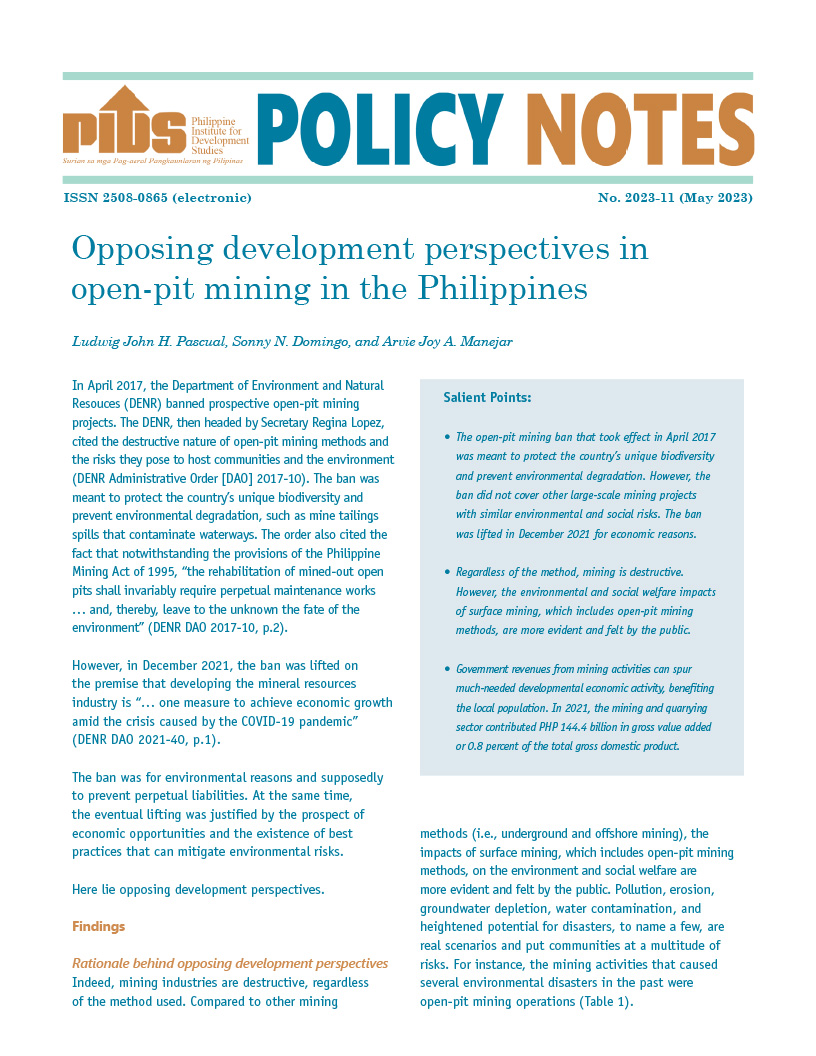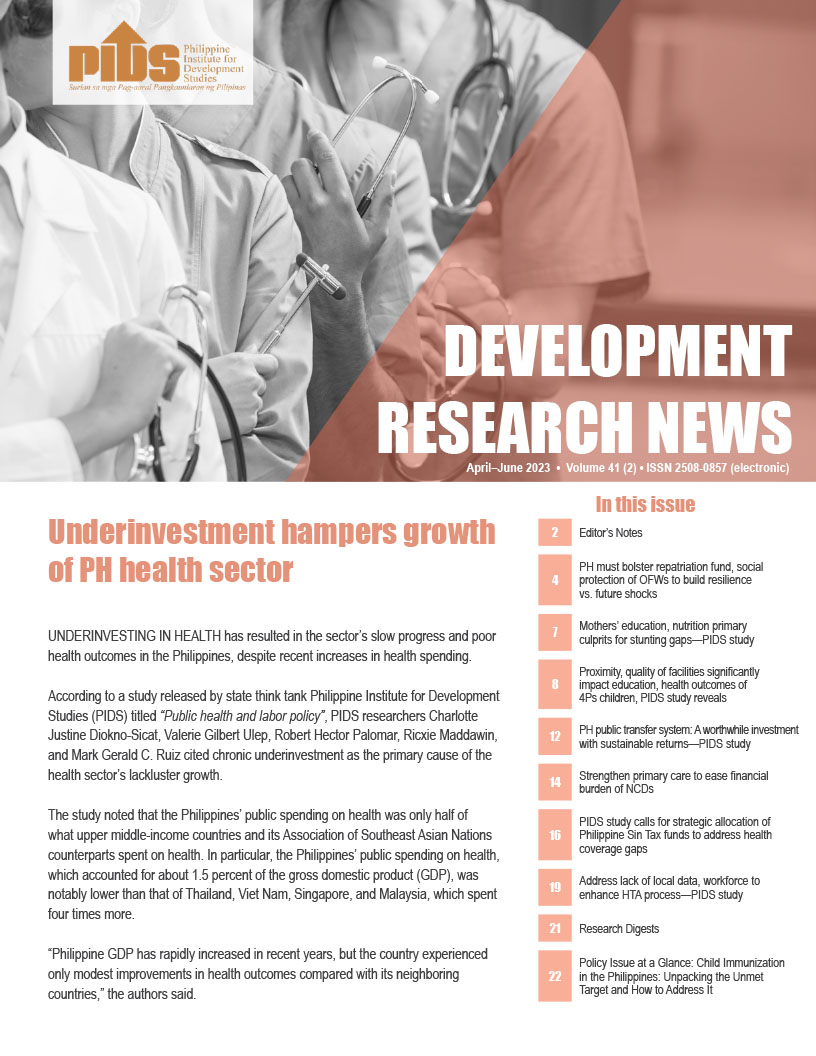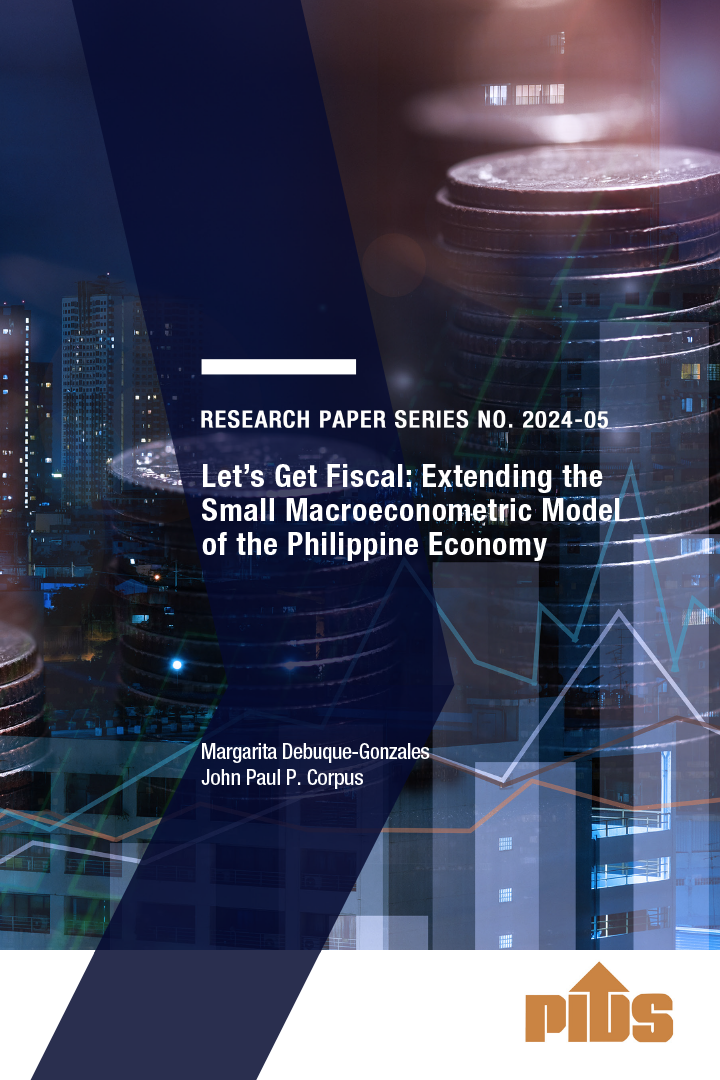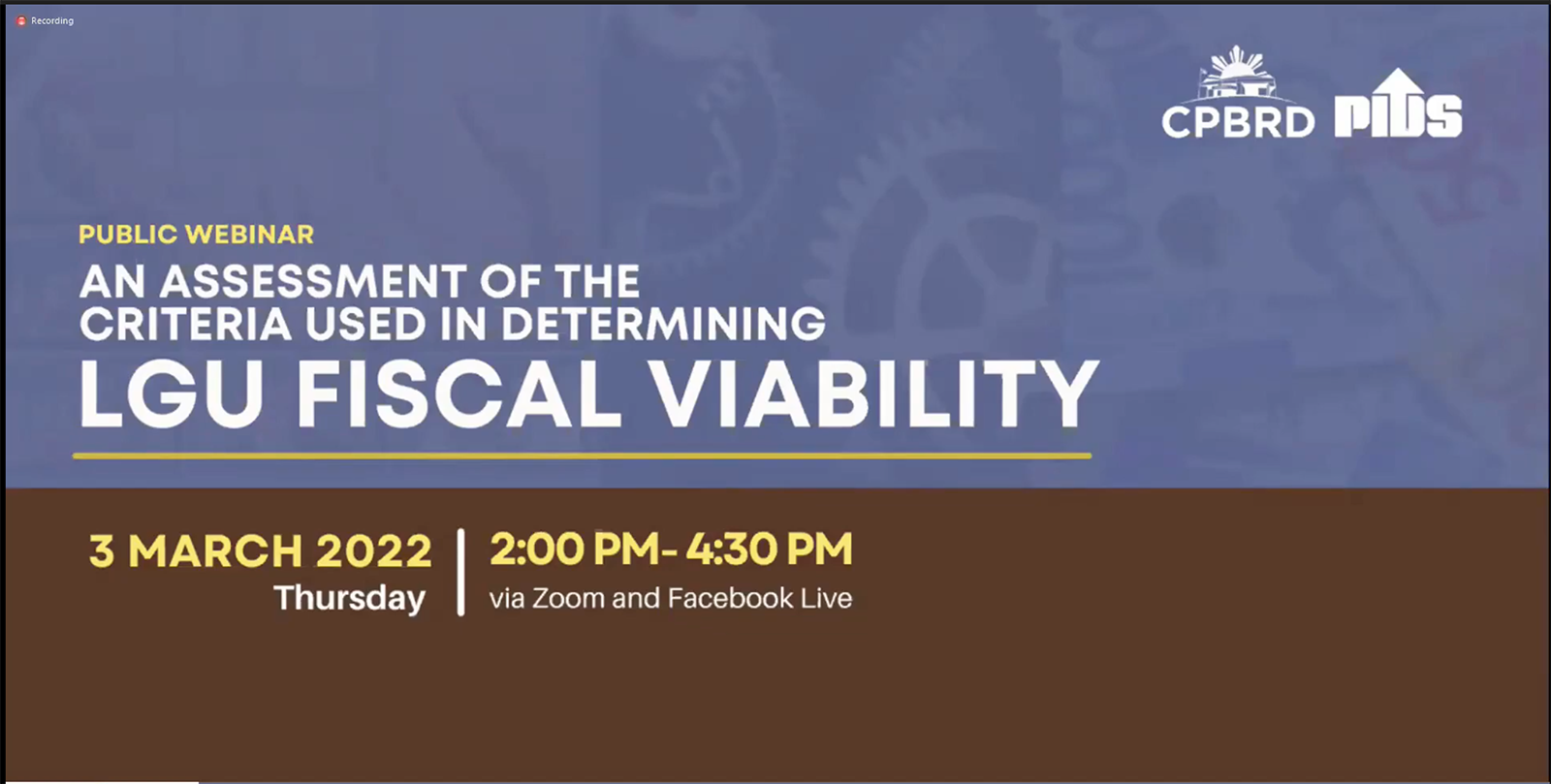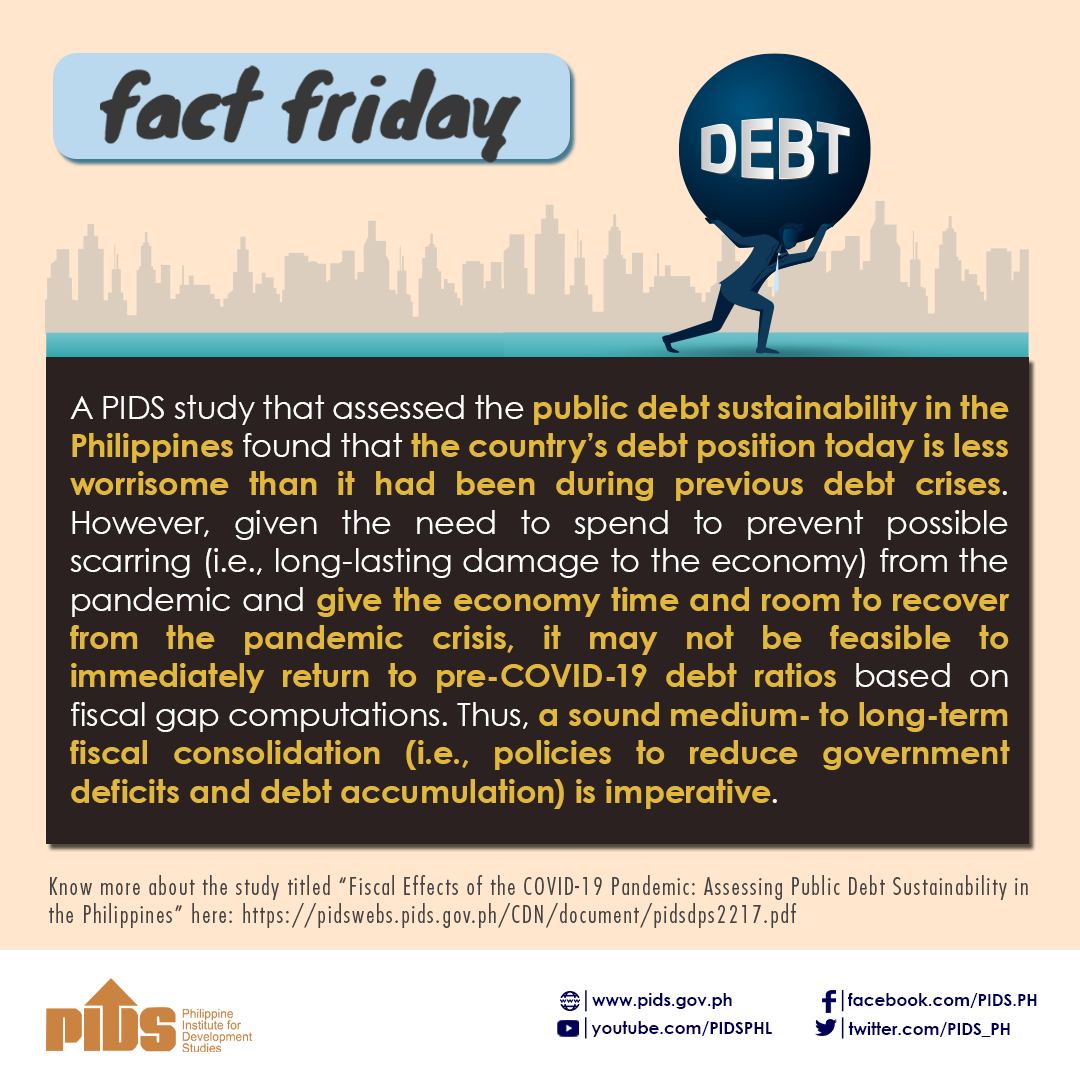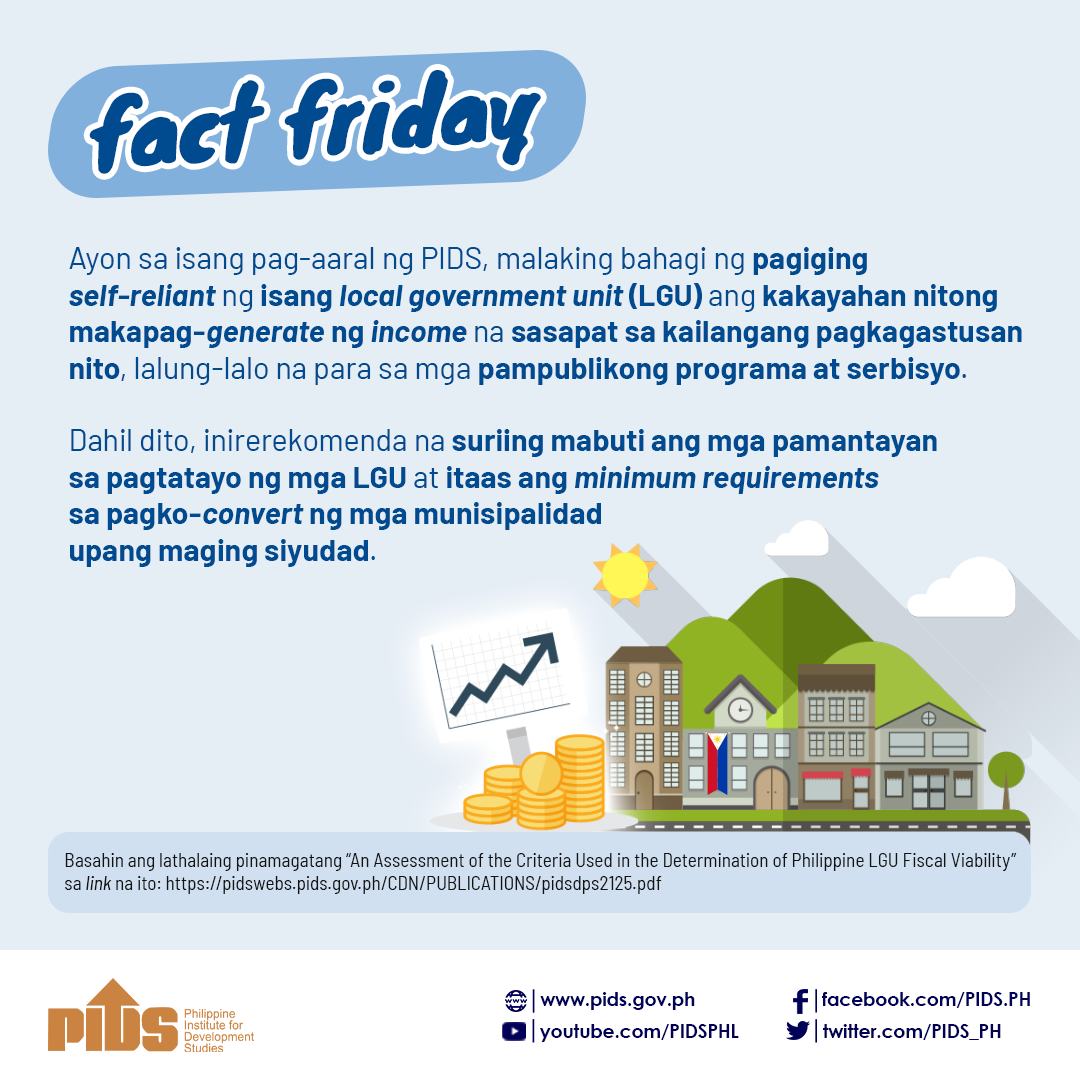Trade Secretary Gregory L. Domingo remained optimistic that the trade and finance departments of government would be able to submit a consolidated version of the fiscal rationalization bill before the end of the year.
The bill, which is meant to streamline the country’s incentive regime, is considered critical, and government officials are fearful that the measure may not be passed during the 16th Congress if no version were to be submitted before the year’s end.
According to the trade chief, the department has already completed the consolidated version, but Rep. Miro Quimbo, chair of the House committee on ways and means, noted that the panel had not received it yet.
"They have yet to submit to us the consolidated version. I’m hopeful that this version is something both the Department of Finance and the DTI would agree to. I’ve had some feedback, but some senior officials of the DTI are not happy with this consolidated version. This is what we’ve been hearing. But we urge them to sit down and consolidate because, otherwise, we are not going to be able to pass it,” Quimbo said.
This is a "priority bill,” he added. "Once they submit it and lands on our committee, we’re going to fast track it.”
According to a Policy Note published on the website of state think tank Philippine Institute for Development Studies (PIDS), there are two Senate bills on fiscal rationalization that have been presented in the 16th Congress and are being deliberated upon. These are Senate Bill 987 introduced by Sen. Ralph Recto, and Senate Bill 35 introduced by Sen. Cynthia Villar.
According to the Policy Note authored by Rosario G. Manasan and Danileen Kristel C. Parel, both bills focus on investment promotion and are in the "right direction in the sense that they unify the various fiscal incentive regimes. By adopting a uniform policy, redundancies and lost revenues can be lessened.”
Also, the grant of incentives to exporters, particularly the provision of tax and duty free importation of inputs, "is important because enterprises need to access inputs priced at international market prices like their competitors from other countries,” the note said.
However, Recto’s proposed bill was considered to be better as it was seen to reduce the redundancy rate more effectively because "it provides incentives to a limited number of enterprises, thus eliminating those that will still invest even without the incentives.”
"Under Senate Bill 987, only the export and domestic enterprises in the 30 poorest cities qualify for fiscal incentives, whereas under Senate Bill 35, the list also includes domestic enterprises and domestic strategic enterprises. Limiting the grant of fiscal incentives to enterprises in the 30 poorest cities will enable the government to target enterprises that are most sensitive to incentives. This will also promote the dispersal of industries and growth to less-developed areas,” the note stated.
"Senate Bill 987 seeks to eliminate ITH which is desirable because it would lessen the redundancies, thus generating more revenues for the government. In lieu of the ITH, it opts for reduced (corporate income tax) rates,” it added.
The Department of Trade and Industry has been staunchly pushing for fiscal rationalization, believing that the Philippines would become a more attractive investment destination if the government were able to cut down excessive corporate incentives and provide a more rationalized framework that would give risk-taking entrepreneurs a slight edge over established players.//

